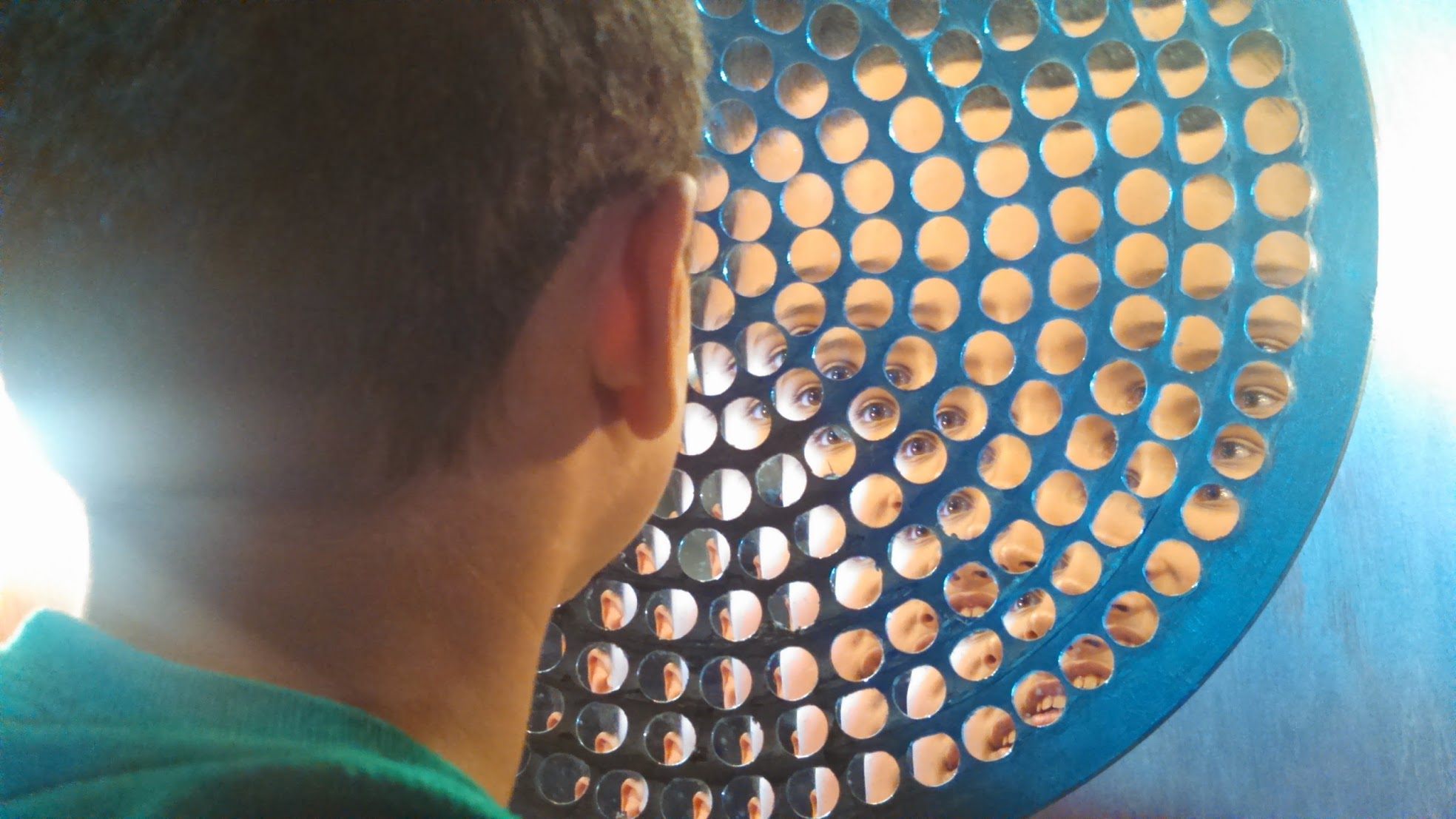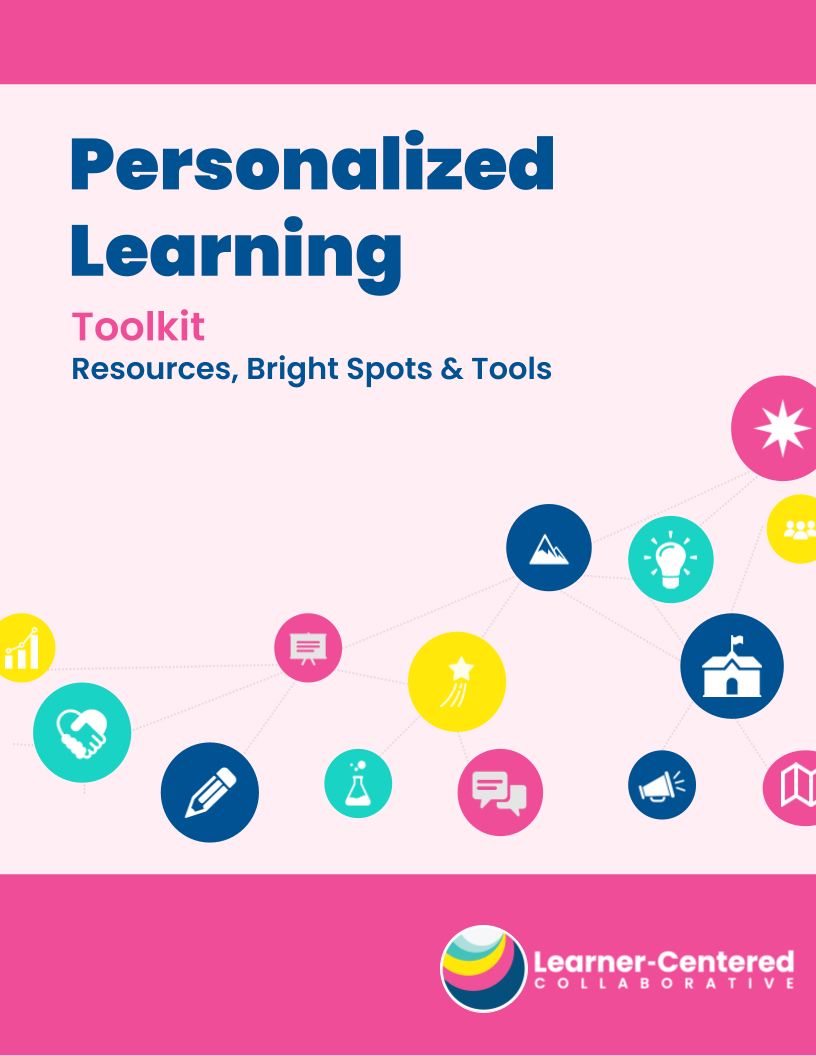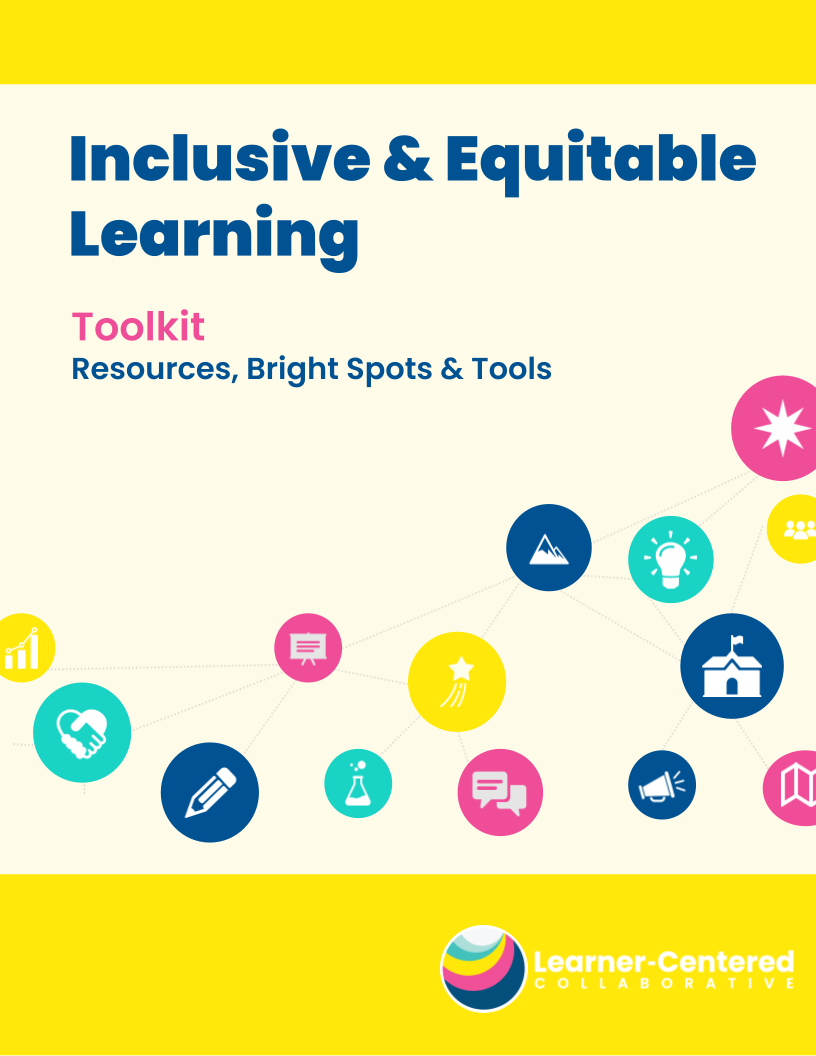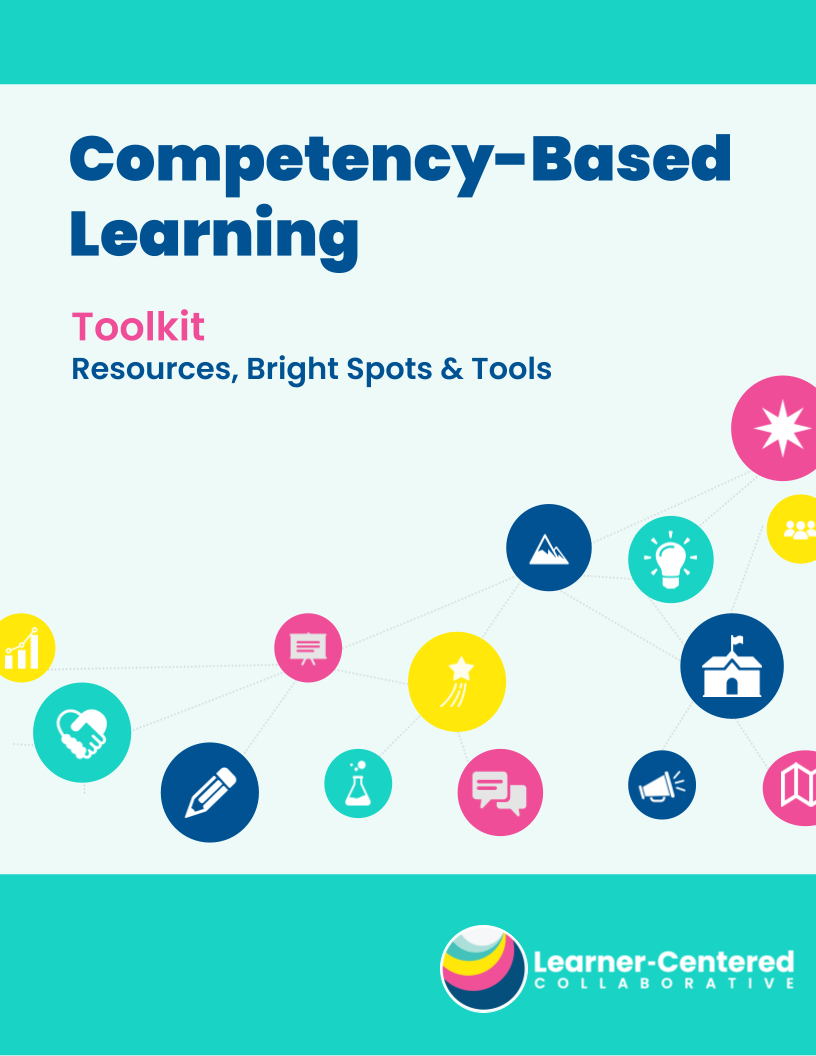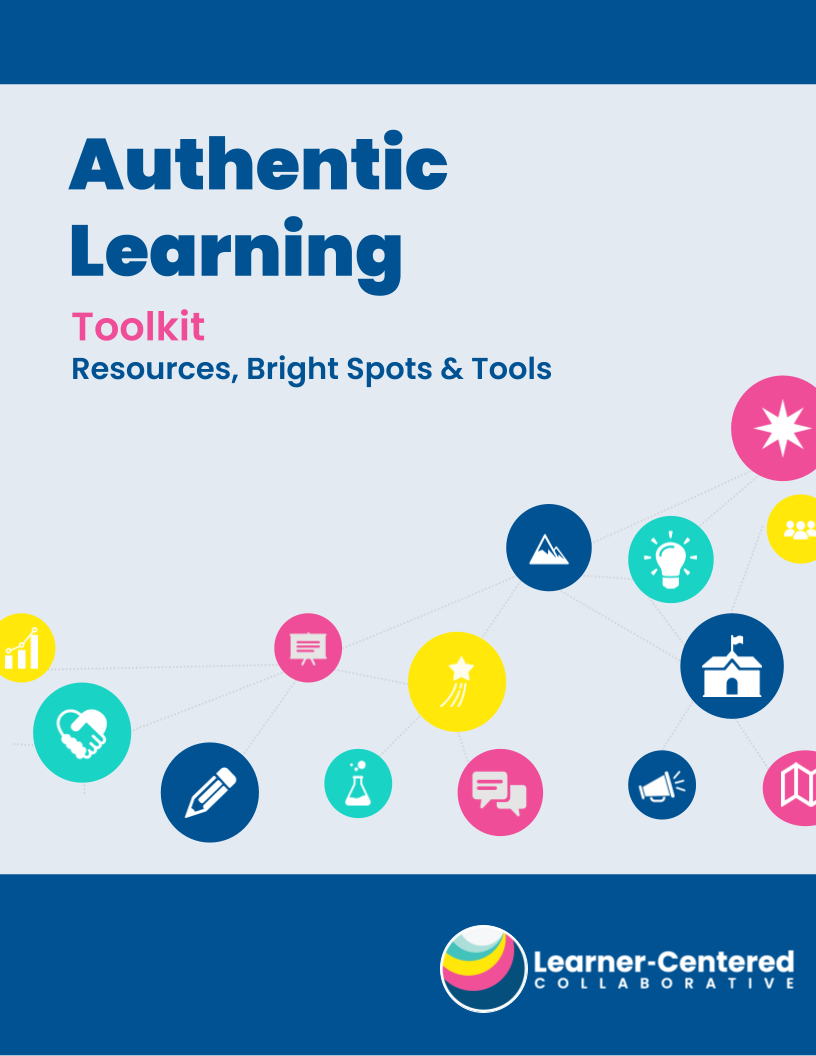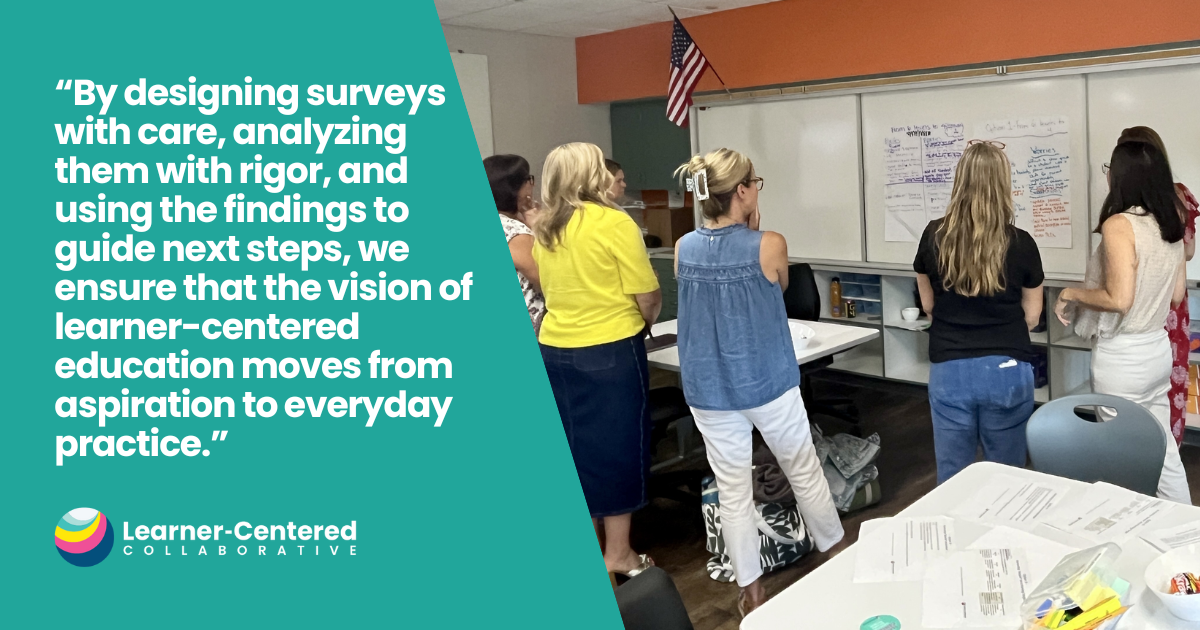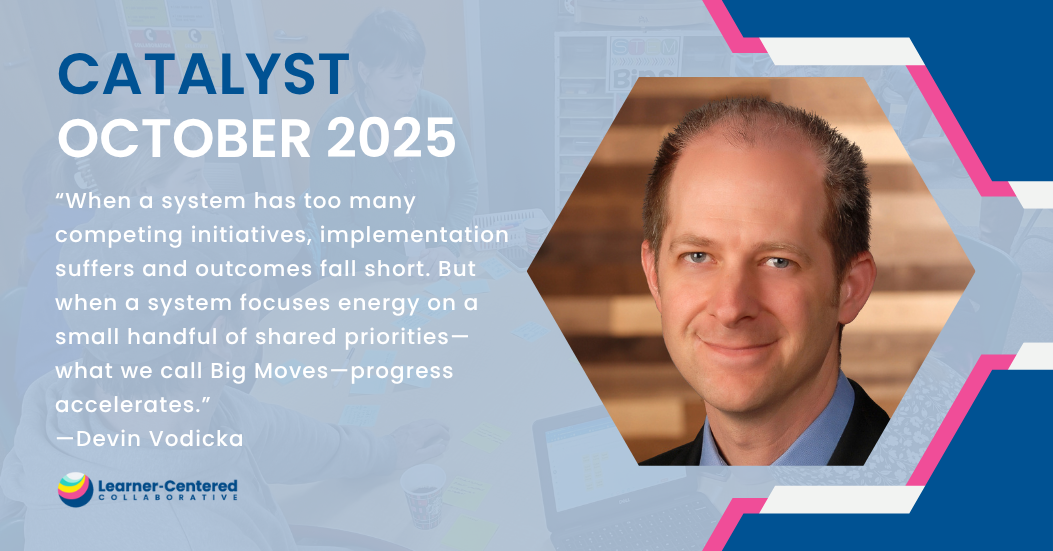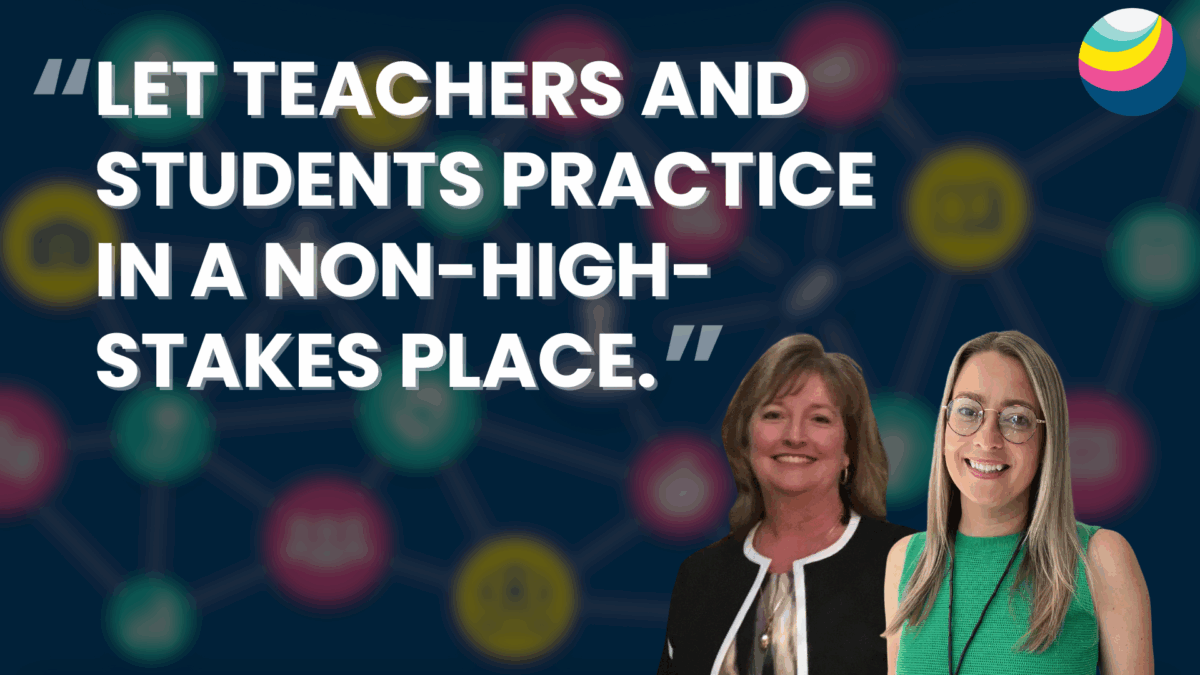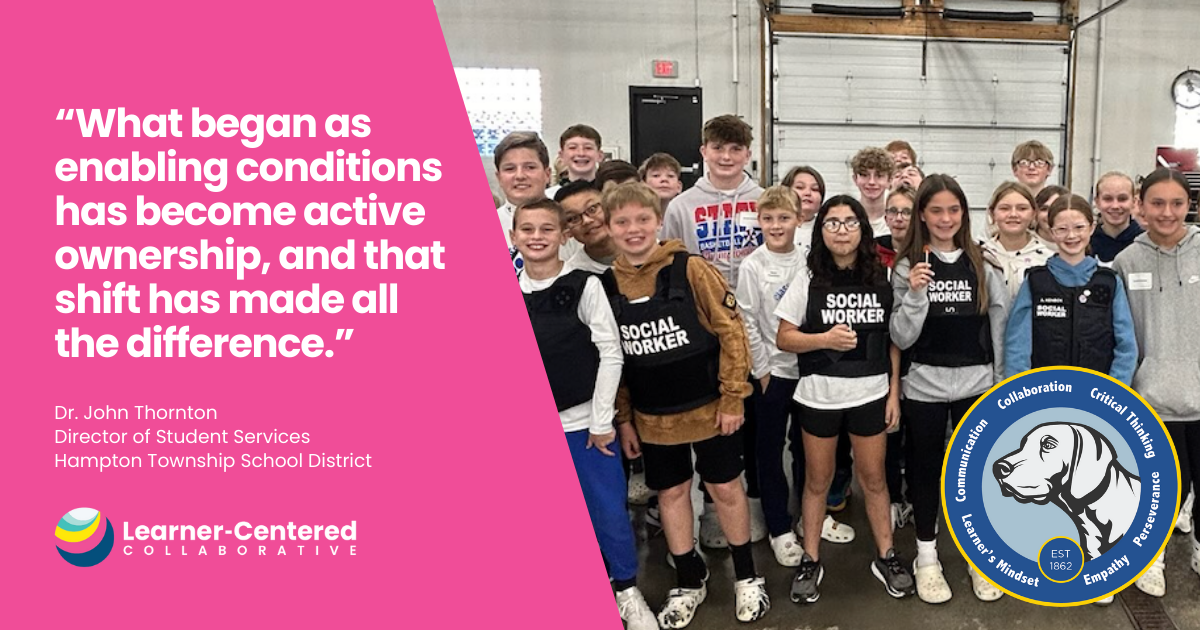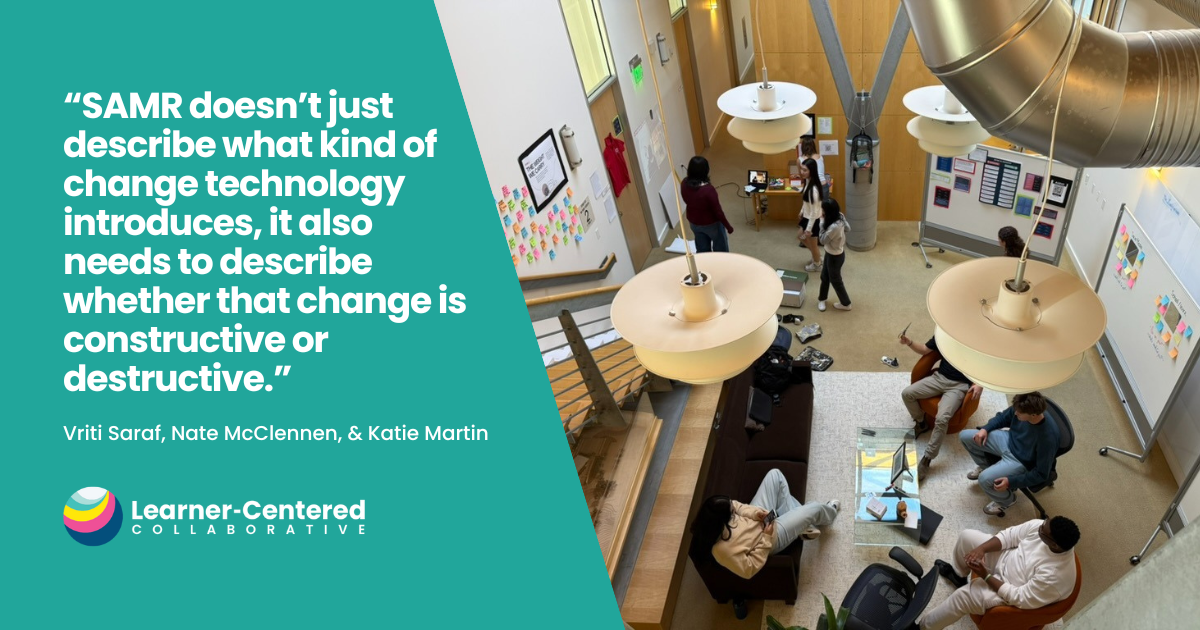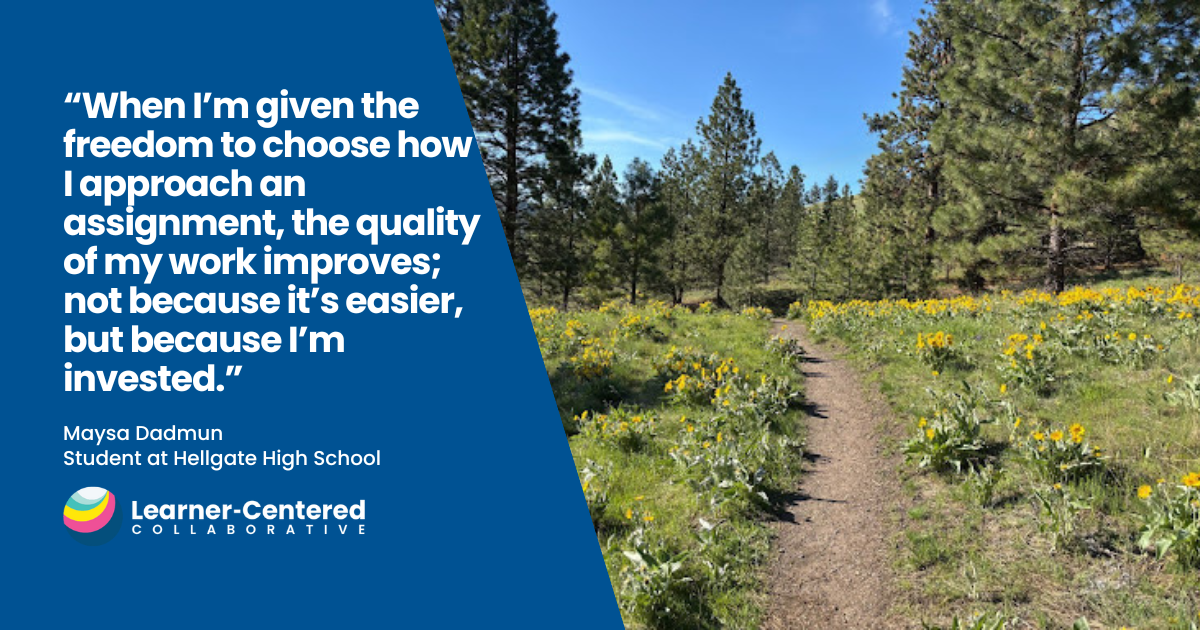2022 Reflections and 2023 Inspiration
This week our Learner-Centered Collaborative team paused to reflect on our goals, our impact, and our next steps individually and collectively. We believe deeply in the power of reflection, and as Margaret Wheatley reminds us, “Without reflection, we go blindly on our way, creating more unintended consequences, and failing to achieve anything useful.” As we close out the year and look forward, we are deeply grateful for our learning with our partners and how they are creating models of what is possible to evolve in education. We are guided by the persistent truth that a learner-centered approach is a foundation for a successful, thriving learning community, and we know that a shift to learner-centered is a collaborative endeavor.
As we work together toward our vision for education ecosystems that empower all learners to know who they are, thrive in community, and actively engage in the world as their best selves, we are inspired by three approaches that are paving the way forward in communities across America.
1. Catalyze Communities Around a Common Vision
Learner-Centered Collaborative partners can be found in small rural communities, on islands in the Pacific, in the middle of Alaska, in urban cities, and in suburban communities across charter, public and private schools. At a superficial level there seem to be so many differences—in the food, culture, dialect, and geography—but at the core, we often find so much more in common than the differences we tend to focus on. Regardless of location, when we ask people and partners about their aspirations for learners, the responses are the same: We all want kids to be healthy, happy, confident, capable learners, and both problem finders and solvers. We want kids who can understand multiple perspectives, read and make sense of the mass amount of information, and communicate their ideas effectively.
The shift from a school-centered system to a learner-centered system will take all of us working together with a clear vision and plan to achieve the aspirations that many of us hold for the young people in our communities. We love working with unique schools and districts around the country to convene their community, including students, parents, community leaders, staff, teachers, and administrators, and help them identify their vision. Explore some examples of our partners’ Frameworks for the Future: Mesa Union Schools, Compass Charter School, and Deer Lakes School District.
2. Design, Test, Learn, and Evolve
A big part of a learner-centered paradigm is empathizing with learners, understanding their experiences, and testing new and different models based on a clear vision and criteria for success. We are inspired by our partners in Santa Ana Unified, who leveraged learner input to redesign their summer school program and continue leveraging lessons learned to bring into the school year. Mineola Public Schools is using a similar approach by beginning with learners’ input to redesign the role of the educator to support learners in a competency-based high school.
At the state level, the Utah State Board of Education (USBE) partnered with Learner-Centered Collaborative to build capacity and enable USBE specialists and coordinators to support implementation of the state’s Personalized, Competency-Based Learning (PCBL) framework, a learning model that includes 5 components necessary to nurture learner-centered outcomes as defined in the state’s Portrait of a Graduate. Together, the framework and Portrait of a Graduate help Utah’s learning community, from the state system all the way to the classroom, navigate learners to a future where they can succeed and lead.
3. Measure What Matters
In Kentucky’s Logan County Schools, the LC Innovators, a team of administrators and teacher leaders from schools throughout the district, took their clear Profile of Success and sought to identify models and examples in practice through Learning Walks facilitated by our team. The insights gained have validated their ongoing learner-centered work and inspired new ideas, which they share on a website for teachers to see Profile of Success competencies and impacts in real classroom settings.
To demonstrate student competencies aligned to the Profile of Success, our teams co-designed and implemented Defenses of Learning, which were prototyped and tested, and, in the 2021-2022 school year, each student in grades 5, 8, and 12 created a Defense of Learning.
Visit our Tools page to access samples of our Learner-Centered Strategy toolkits featuring resources and examples from classrooms across the country.
Moving Forward
As we look forward to 2023, our reflections have shaped our priorities. We look forward to deepening and expanding educator, school, state, and district partnerships to make learner-centered education more accessible for all learners. We also know the impact of coming together in a community to learn, share what’s working, and evolve. We are excited to scale networks that build collective expertise and impact. Finally, we know that the lessons learned have to be curated and shared to elevate the bright spots for others to build on.
Thank you for being a part of our learning community. From our team to yours, we wish you a great end of the year and look forward to collaborating with you in the new year.
With Gratitude,
